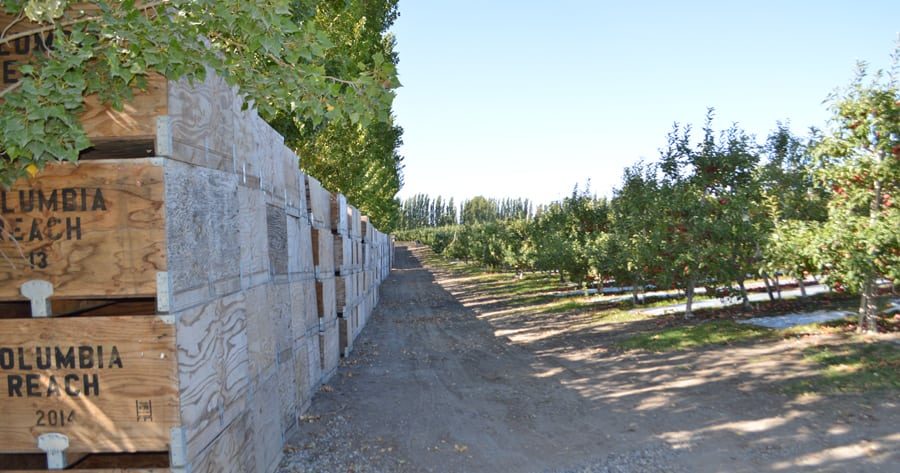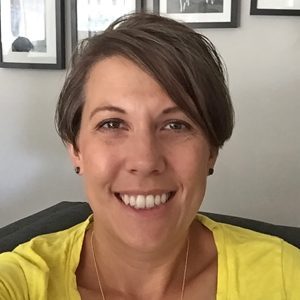
Home » Kennedy Road orchards face re-zoning for development
Kennedy Road orchards face re-zoning for development

October 12, 2017
State leases 334 acres behind Richland Target; lease expires in 2021
Agricultural land owned by the state of Washington since the beginning of statehood may eventually be for sale following the completion of the current lease terms.
The land on Kennedy Road, north of Vintner Square and behind the Richland Target, includes two leases with Chiawana Orchards LLC, with a portion of the land used for apple trees.
The 334 acres are managed by the Washington State Department of Natural Resources and considered trust land. The land benefits the Common School Trust, which supports construction costs of public schools across the state.
The land is zoned as agricultural, and the state intends to have it re-zoned to a mix of residential and commercial use when the city of Richland finalizes updates to its comprehensive plan this month.
The city is required by the state to update its comprehensive land use plan, which is used to guide decisions about growth, every decade. The plan encapsulates the city’s vision for the next 20 years and helps make decisions on land use, infrastructure and economic development, among other things.
Richland considers the land to be “urban reserve,” which means it is set aside for future development. As part of the lengthy effort to update the plan, Richland met with Department of Natural Resources and Richland School District staff to discuss the large parcel, which borders West Richland.
The city’s community development director, Kerwin Jensen, said the property has “potential for a school site, as plotted out on the land use classification map.”
The future land use was presented to the Richland City Council. It included a potential expansion of Vintner Square.
But no significant changes are expected for a while.
The state will continue to honor the leases currently in place, which are set to expire in 2021.
When DNR is ready to sell the property, the land will be made available through a public auction to the highest bidder.
It has not been decided if the property will be offered in its entirety or if it will be divided into smaller parcels.
The state will make that decision once zoning and other land use options are mapped out.
About 40 acres of the site are designated for public use, which could mean DNR transfers that portion directly to a local public agency.
While not a sale, the Common School Trust would need to be reimbursed for the portion of the property when transferred. Despite the discussion about the site’s potential for a school, the property could be used for another public use.
The current leases for the land provide revenue for the state based on a percentage of annual crop yield.
Between 2010 and 2015, revenue generated for the state from the property called “Richland 16” averaged $165,000 a year, with a total revenue of more than $825,000.
Since the lease deals with commodity prices, the revenue fluctuates year to year, with the lowest recent year being 2014 when revenue generated for the state was just below $85,000.
The high for recent years was 2012 when the state received about $240,000 based on a percentage of crop yield. The 2016 figures are not yet complete.
This type of lease is not in use as frequently as it once was, as the state is writing leases based on fair market value instead.
While income from land leases goes to build schools, proceeds from an auction sale of the property would instead go into a land replacement account for the Common School Trust. That money is reinvested through the purchase of other revenue-producing property elsewhere in the state.
The first step toward any eventual sale and redevelopment of the property will require a request from the state for rezoning. The assessed value for the land is not available and has not been determined by either the state of Washington or the city of Richland.
Real Estate & Construction
KEYWORDS october 2017





